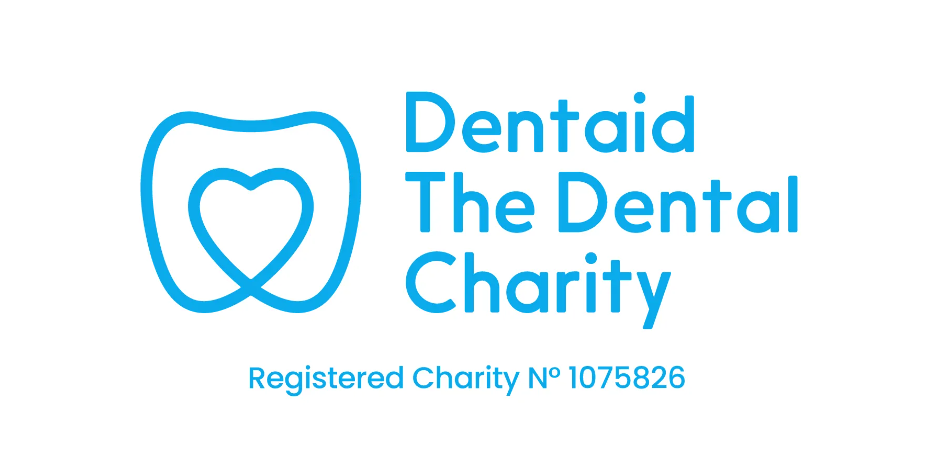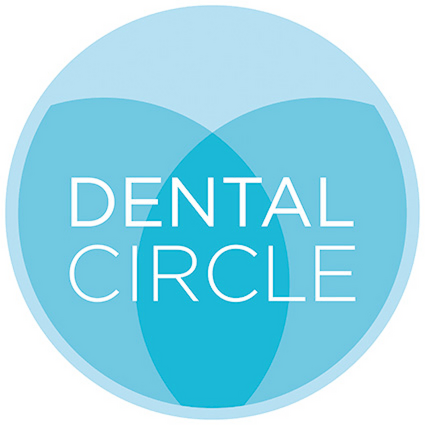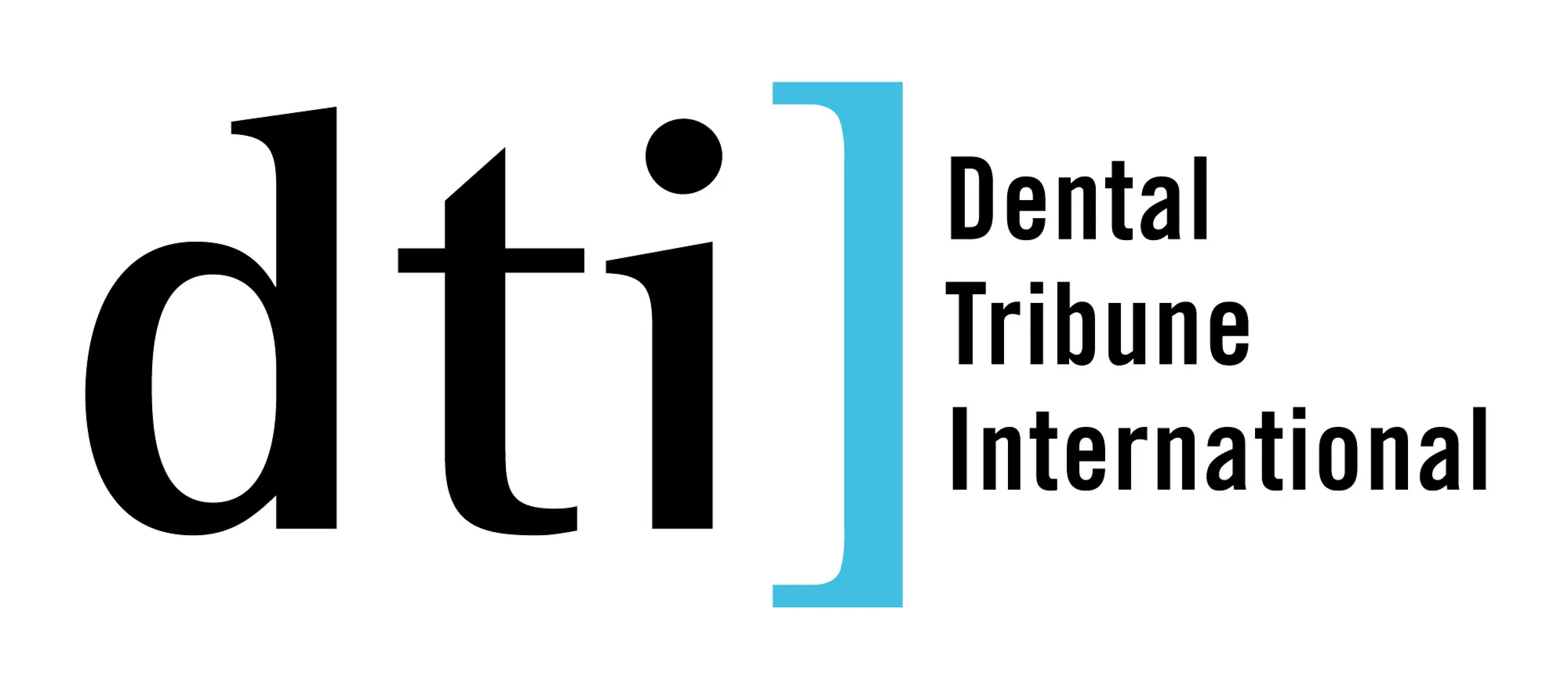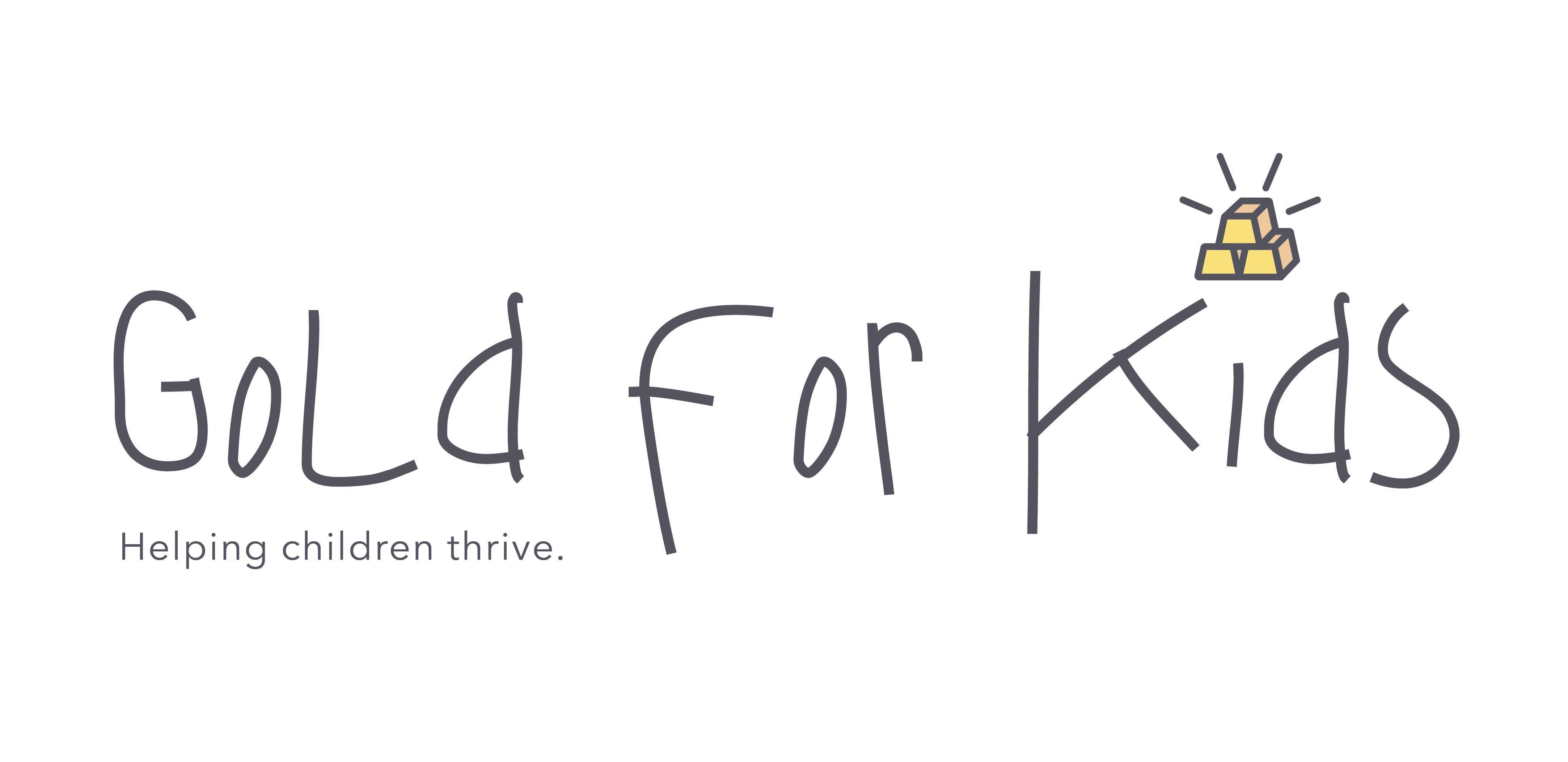Protecting patients is a team effort
)
But, these issues can come in many forms, and identifying where to appropriately safeguard can be difficult. The dental team have a duty to protect their patients, but some may be sceptical about reporting potential abuse. They may feel apprehensive about making possible false allegations, or be unsure of how to broach the topic of concern amongst colleagues.
Safeguarding is not about shaming or punishing patients, but rather about offering support and just generally being aware of what to look out for. Enhanced staff training and implementing a safeguarding practice lead (SPL) are ways to ensure the whole dental team are not only in a position to detect abuse, but also have somewhere to go with concerns.[i] Sufficient training and a dedicated SPL will contribute to a safe and proactive practice.
Be vigilant
One of the primary ways to remain vigilant with safeguarding is to recognise those more susceptible to abuse. Children, vulnerable adults, the disabled and the elderly are all vulnerable to abuse and neglect, but anyone could be a potential victim. Each year, nearly 2 million people in the UK suffer some form of domestic abuse,[ii] and in March 2019, 54,380 children across England and Wales were looked after by local authorities, due to experiencing or being at risk of abuse and neglect. Disabled adults were around twice as likely to have experienced any type of abuse before the age of 16 years,[iii] and nearly 39% of UK adults have experienced financial abuse.[iv]
Whether you are a dentist, dental hygienist, dental nurse or receptionist, being aware of the signs for abuse is paramount when ensuring patient safety and wellbeing. A child with some scrapes and bruises may not seem a cause for alarm. After all, many children play sports in- and outside of school that may cause injuries. This can be easily explained, and is therefore a non-urgent issue. However, a dental team that are aware of the signs of potential abuse may be inclined to probe further – asking questions in a calm and causal tone will help to establish the situation: do the injuries tie in with the story given? Does the parent or guardian seem on-edge or defensive?
Safeguarding is not all about diagnosing and investigating possible abuse – an adult patient who confides in you, or shows signs of evident distress can be signposted to support networks or charities, or given relevant web addresses, leaflets and phone numbers. Patients who display signs of self-neglect, whether that be evidence of an eating disorder or self-harm, can be directed to their GP.
Barriers to safeguarding
There are barriers to safeguarding that may affect a professional’s decision to file a report, and breaking these down is of the utmost importance. A report[v] has shown that some dental professionals feel unprepared for the role, and are unsure of how to handle suspicions of child abuse. The report also demonstrated that 21% of dentists had encountered suspicious cases, but failed to take action. There is a high demand for further training, which suggests that there are gaps in the current programmes – encouragingly, it does show that dental staff are aware of their needs, and are pushing for more sufficient education and support in the area.
The repercussions of abuse can be devasting for victims, and members of the dental team may fear that they will compromise the victim’s situation, or aggravate the abuser. The fear of making assumptions about race and class, or concerns regarding the consequences to the patient, may also prevent potential abuse from being reported. These fears are valid; however, the wellbeing of the patient must be prioritised. Your actions may lead to positive changes even for just one patient – that will be one less person living in an abusive situation, and a constructive step forward in helping others.
Work together to protect patients
When the dental team work with each other, combatting abuse and neglect won’t be such a colossal task. Further training and education are important ways to ensure the team are self-assured when dealing with possible safeguarding concerns. Why not attend the British Dental Conference and Dentistry Show Birmingham May 2022? You can gain insight and expertise on ways to keep patients safe and navigate the safeguarding process from among the many different topics covered. You’ll have 100 hours of free enhanced CPD to choose from, with 250 hours of discussions and debates available too.
Safeguarding is often treated as taboo, but it is not a negative thing. Rather, it will offer victims the chance to connect with a support system and find a way out. A dental team that presents as a united front means you show your support and concern for not just oral health, but a patient’s overall wellbeing. You may be the key to making a difference to someone’s life.
The next British Dental Conference and Dentistry Show Birmingham will be held on Friday 13th and Saturday 14th May 2022, Birmingham NEC, co-located with DTS.
For more information, visit www.thedentistryshow.co.uk, call 020 7348 5270 or email dentistry@closerstillmedia.com
[i] Public Health England. Safeguarding in general dental practice. Available online. https://assets.publishing.service.gov.uk/government/uploads/system/uploads/attachment_data/file/791681/Guidance_for_Safeguarding_in_GDP.pdf. Accessed 29 Sep. 21.
[ii] WHAG. Domestic abuse facts and statistics. Available online http://whag.info/about-our-work/about-domestic-abuse/domestic-abuse-facts-and-statistics/. Accessed 30 Sep. 21.
[iii] Office for National Statistics. Child abuse extent and nature, England and Wales: year ending March 2019. Available online. https://www.ons.gov.uk/peoplepopulationandcommunity/crimeandjustice/articles/childabuseextentandnatureenglandandwales/yearendingmarch2019. Accessed 30 Sep. 21.
[iv] Refuge. 8.7 million people report experiencing economic abuse. Available online. https://www.refuge.org.uk/8-7million_economic_abuse_covid/. Accessed 1 Oct. 21.
[v] British Dental Journal. The dental practitioner and child protection in Scotland. Available online. https://www.nature.com/articles/4812809. Accessed 1 Oct. 21.








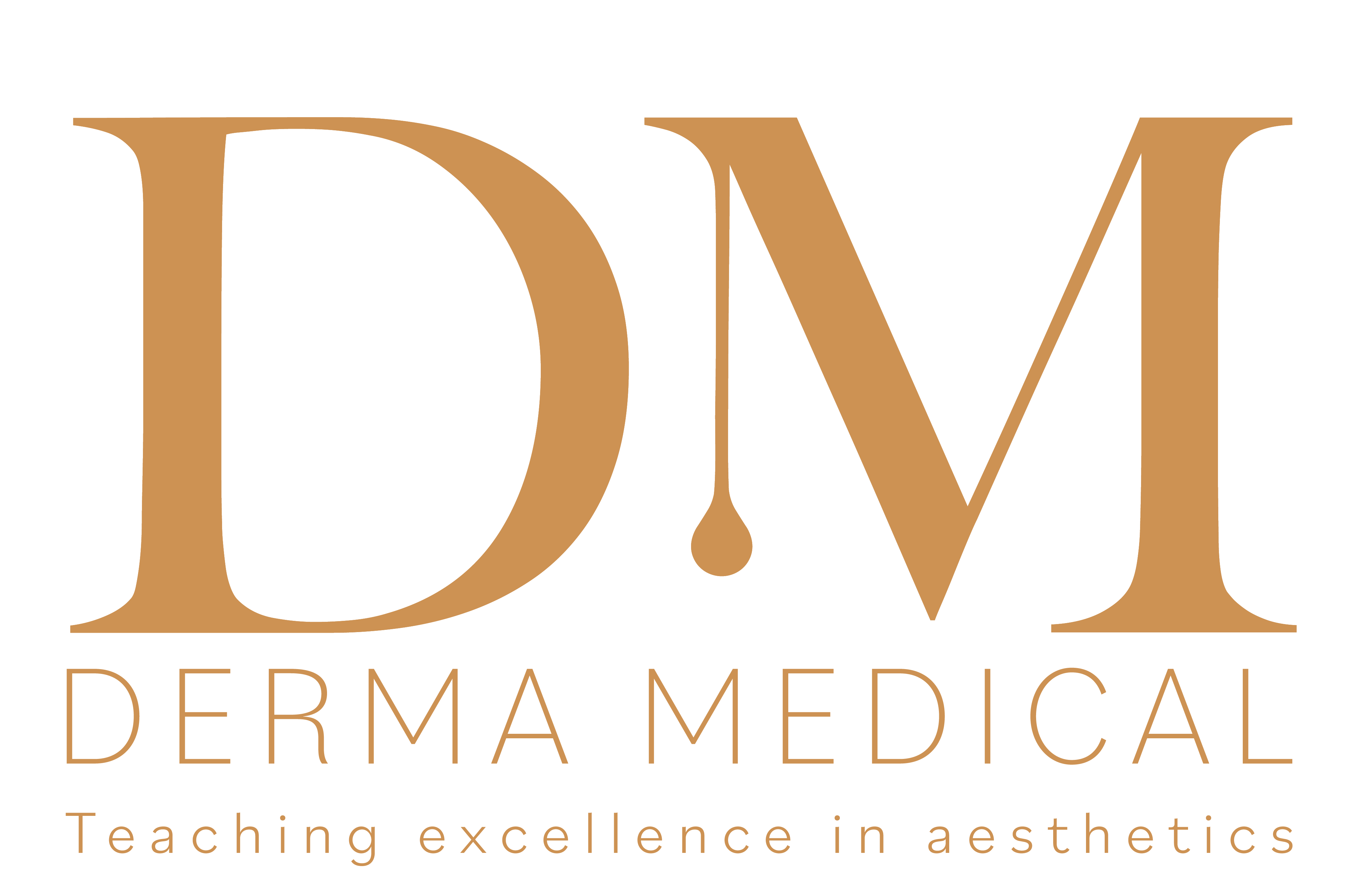

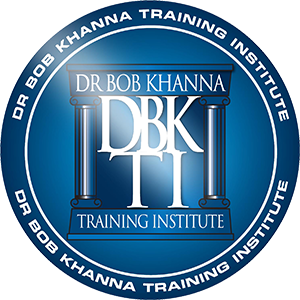





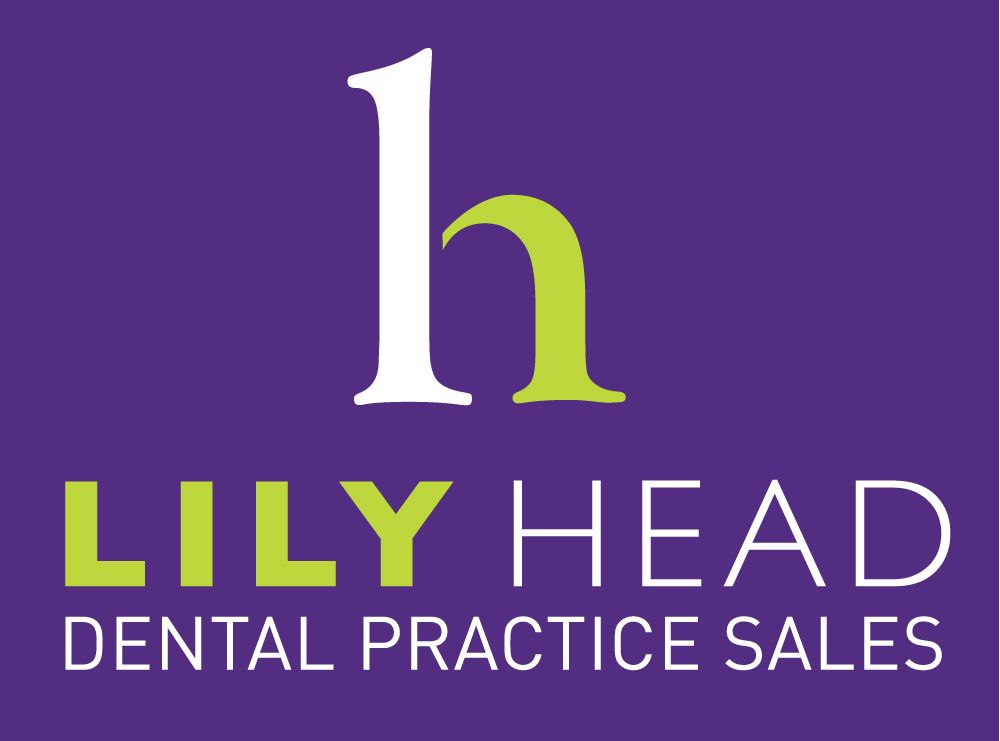











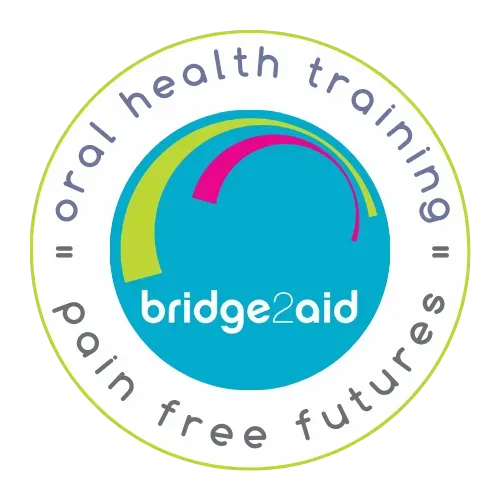
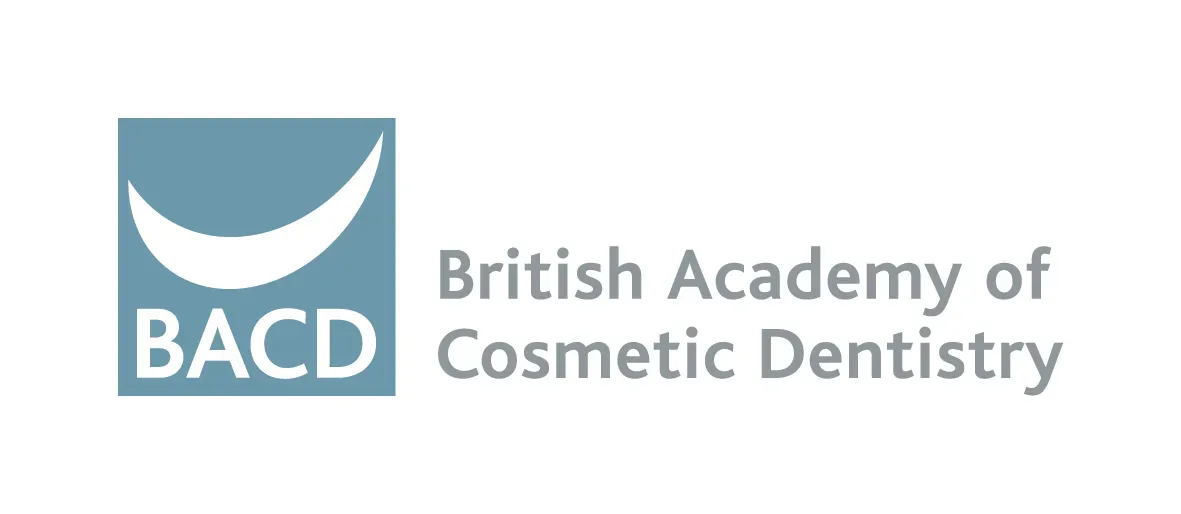
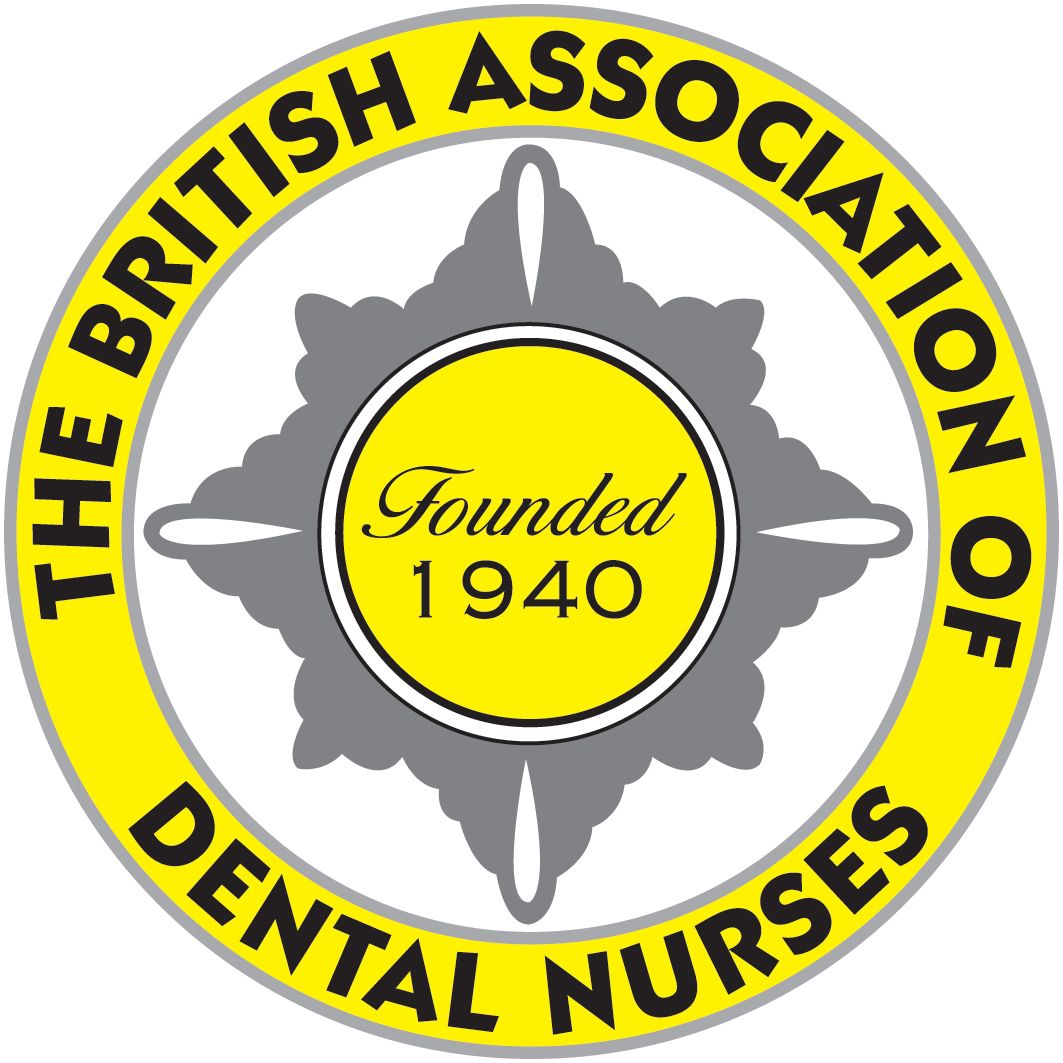
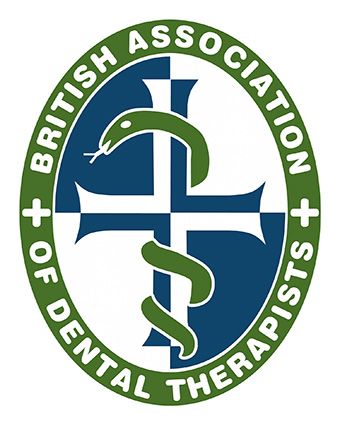
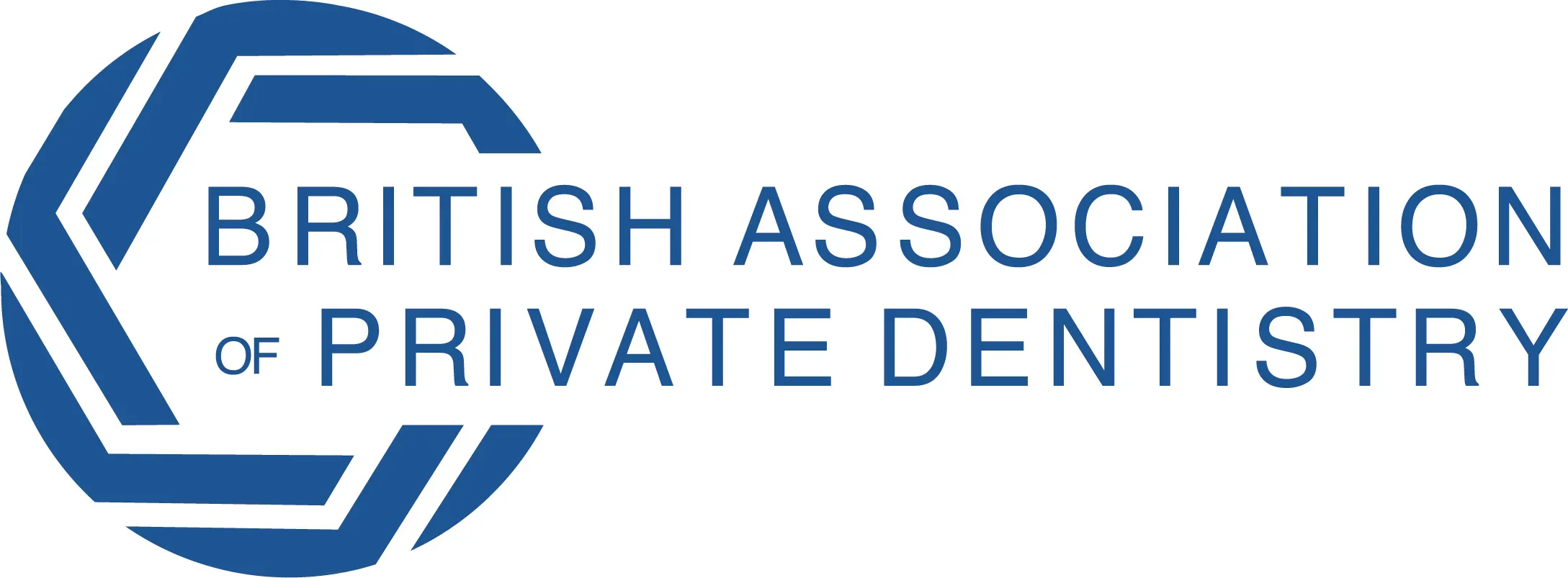
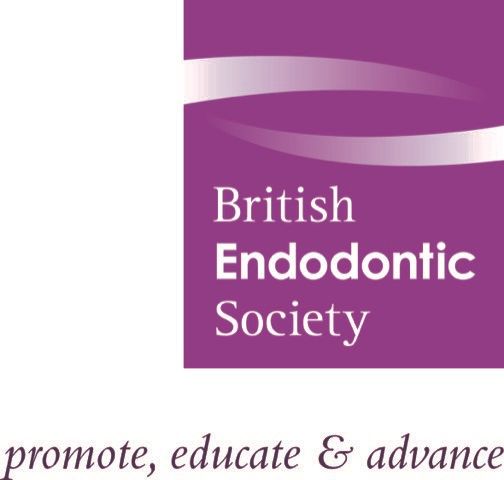
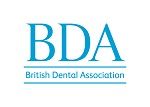
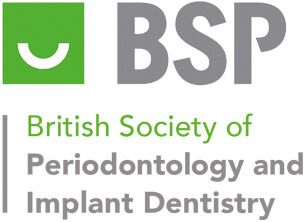
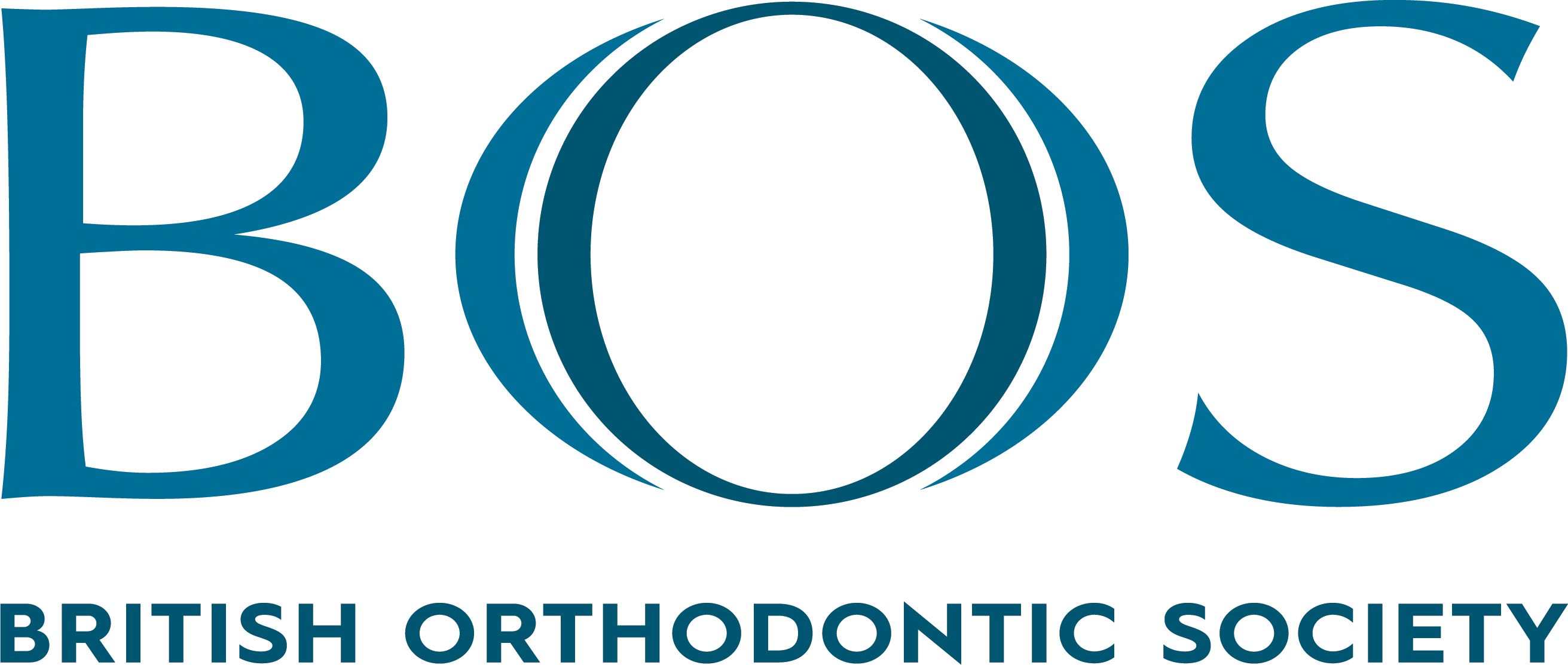

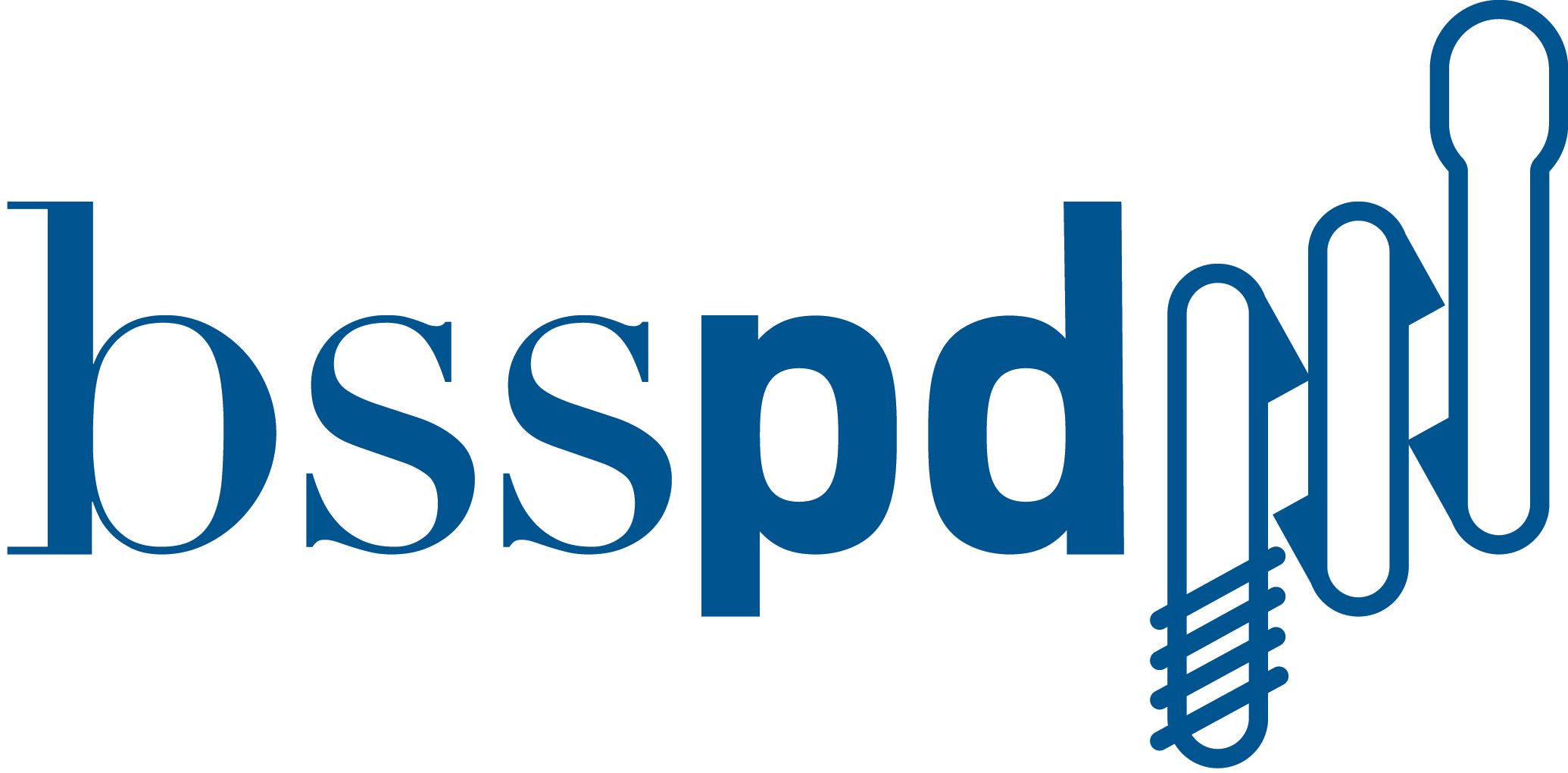
.png)
